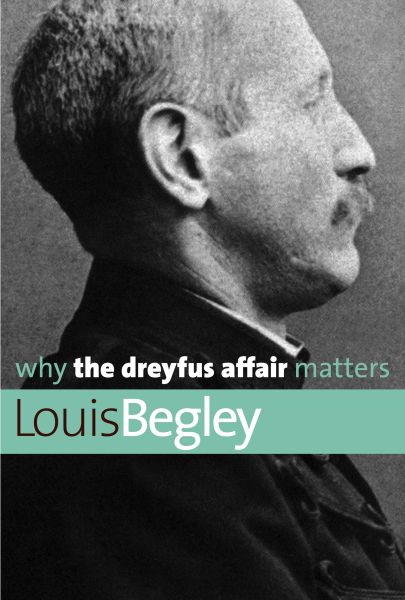Book Review: Re-Envisioning Sovereignty: The End of Westphalia?
In this edition of our ongoing series of book reviews, Paul Mignano presents a critical but ultimately favorable take on Re-Envisioning Sovereignty: The End of Westphalia?, a collection of interdisciplinary essays discussing the concept of sovereignty.
By Paul Mignano
 For a concept that is so central to international relations and public international law, the meaning of “sovereignty” is surprisingly difficult to articulate. At its essence, Westphalian sovereignty is about the ability of a state to engage in political self-determination, to be considered a legal equal of other states, and to ensure non-interference of outside states in its own internal affairs.
For a concept that is so central to international relations and public international law, the meaning of “sovereignty” is surprisingly difficult to articulate. At its essence, Westphalian sovereignty is about the ability of a state to engage in political self-determination, to be considered a legal equal of other states, and to ensure non-interference of outside states in its own internal affairs.

 Two years after the 1927 execution of Italian-American anarchists Nicolai Sacco and Bartolomeo Vanzetti, H.L.Mencken wrote that their case “refuses to yield. . . . The victims continue to walk, haunting the conscience of America, of the civilized world.” Eight decades have passed since Mencken’s writing, yet Sacco and Vanzetti continue to stalk the public imagination, attracting renewed interest from scholars, journalists, commentators, and novelists. Temkin’s engaging and insightful work attempts to establish the historical place of Sacco and Vanzetti by focusing on the nationwide and transatlantic dimensions of their case. By focusing on the international reactions to the convictions and executions, and on the effects of foreign criticism, Temkin finds his own unique niche among the extensive scholarship on the case.
Two years after the 1927 execution of Italian-American anarchists Nicolai Sacco and Bartolomeo Vanzetti, H.L.Mencken wrote that their case “refuses to yield. . . . The victims continue to walk, haunting the conscience of America, of the civilized world.” Eight decades have passed since Mencken’s writing, yet Sacco and Vanzetti continue to stalk the public imagination, attracting renewed interest from scholars, journalists, commentators, and novelists. Temkin’s engaging and insightful work attempts to establish the historical place of Sacco and Vanzetti by focusing on the nationwide and transatlantic dimensions of their case. By focusing on the international reactions to the convictions and executions, and on the effects of foreign criticism, Temkin finds his own unique niche among the extensive scholarship on the case.